What is your job?
I am a professor of Materials Chemistry at the University of Bath.
I use computer modelling to understand green energy materials, especially new materials for lithium batteries and solar cells.
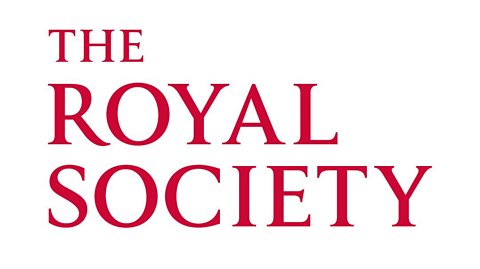
How did you get started in this role?
I enjoyed studying chemistry at the comprehensive school I went to in North London, so went on to do a degree and then a PhD. I loved the way science provided an evidence-based approach to understanding the world, and universe, around us.
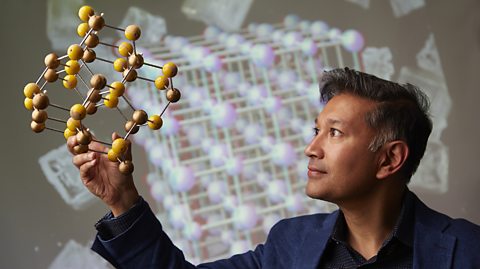
Best thing about your job
Being part of the energy challenge, one of the biggest global challenges of this century, and developing cleaner sustainable energy to help deal with climate change.
What inspires you?
It’s a really exciting time to be a scientist - a chemist in particular - because we need better science to develop new low carbon technologies.
What advice would you give to someone just starting out?
Follow your passion and be persistent. Don’t forget to put in the hard work.
Qualifications
A-levels in Chemistry, Physics and Maths and a BSc degree and PhD in Chemistry.
Future plans
To move into new research areas to explore better materials for next-generation solar cells and for lithium batteries in electric cars.
Top tips
- Keep being curious.
- Enjoy what you do and keep a sense of humour, i.e. always look on the bright side of life.
- Be adaptable to new areas or challenges.
Do you have a science joke?
I’m reading a book about helium. I can’t put it down!

As well as teaching at university, Saiful is a qualified chemist.
What to expect if you want to be a chemist
- Chemist average salary: ÂŁ15,609 to ÂŁ40,000 per year
- Chemist typical working hours: 39 to 41 per week, which could include evenings and weekends.
What qualification do you need to be a chemist?
You could get this role via a university course, a vocational route like a T-level (England-only) or an apprenticeship, or by working towards the role whilst in another position, such as working as a laboratory technician and taking qualifications to train as a chemist whilst you work.
Sources: LMI for All, National Careers Service, .
This information is a guide and is constantly changing. Please check the for the latest information and all the qualifications needed and the for more on T-levels.
For careers advice in all parts of the UK visit: , , and .

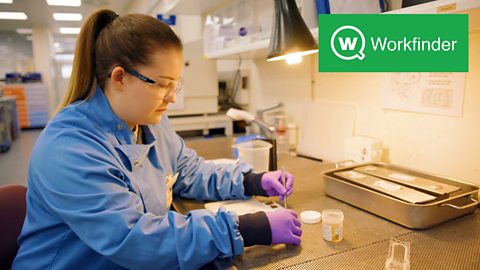
Find work experience placements with Workfinder.
Tips and advice
Help with interviews, writing a CV and all things work experience related.


Mah Hussain-Gambles: pharmacologist. video
Mah's a pharmacologist and studies the science of medicine and other substances.
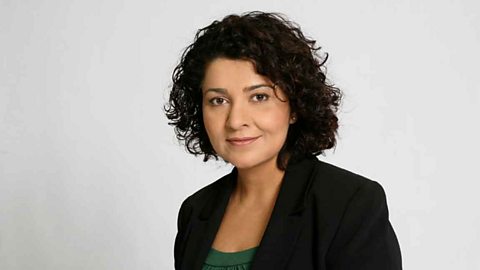
Jaz: research scientist. video
Jaz is a research scientist and PhD student.
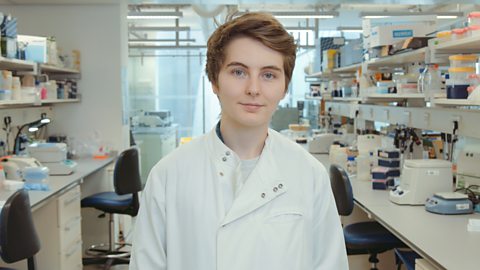
Khadija: first aider
Khadija uses her medical knowledge to teach young people first aid.
